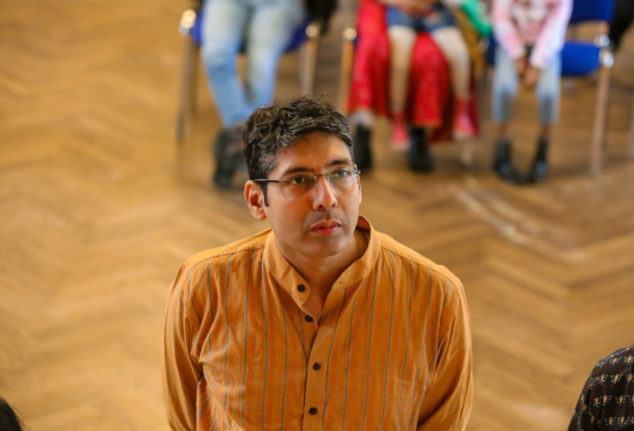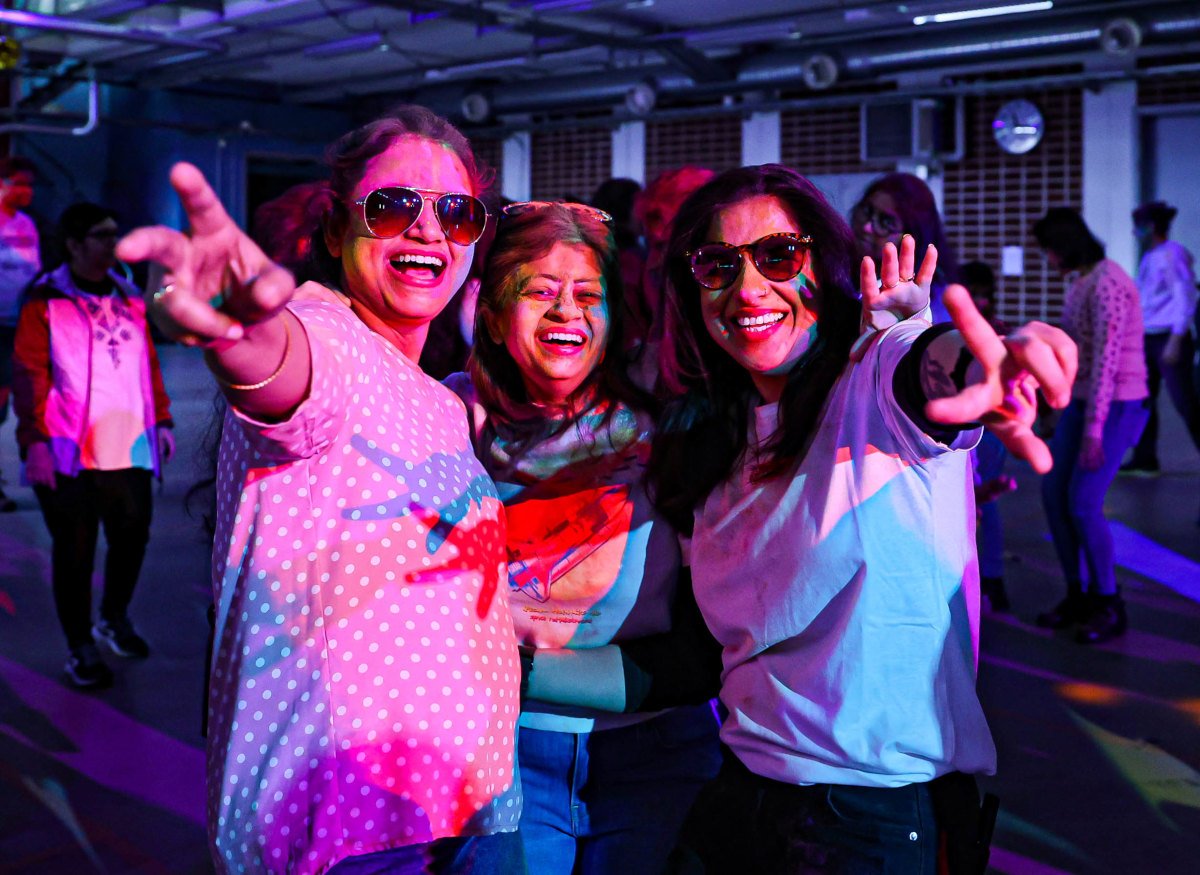Looking at the statistics, it appears that the answer is “quite hard”.
Firstly, the Swedish Migration Agency seems to taking its time to process applications. Of the 2,255 applications for a talent visa in 2022, only 445 had received a decision at the time this article was published.
Secondly, only about 10 percent of applications appear to be successful.
Of the 445 cases in 2022 which have received a decision, only 48 were granted residency, and of the 121 cases completed so far in 2023, only one extra applicant received residency.
This may of course reflect the quality of applications rather than the strictness of the agency. For example, people who are not able to get a work or residence permit on other grounds could have attempted to get a permit via the ‘talent visa’ route despite not having the required high level of education.
READ ALSO: How do you apply for Sweden’s new ‘talent visa’?
For a degree to count as advanced level, it must correspond to a 60-credit Master’s degree, a 120-credit Master’s degree, a professional degree worth 60-330 credits, or a postgraduate/PhD-level degree.





 Please whitelist us to continue reading.
Please whitelist us to continue reading.
Member comments